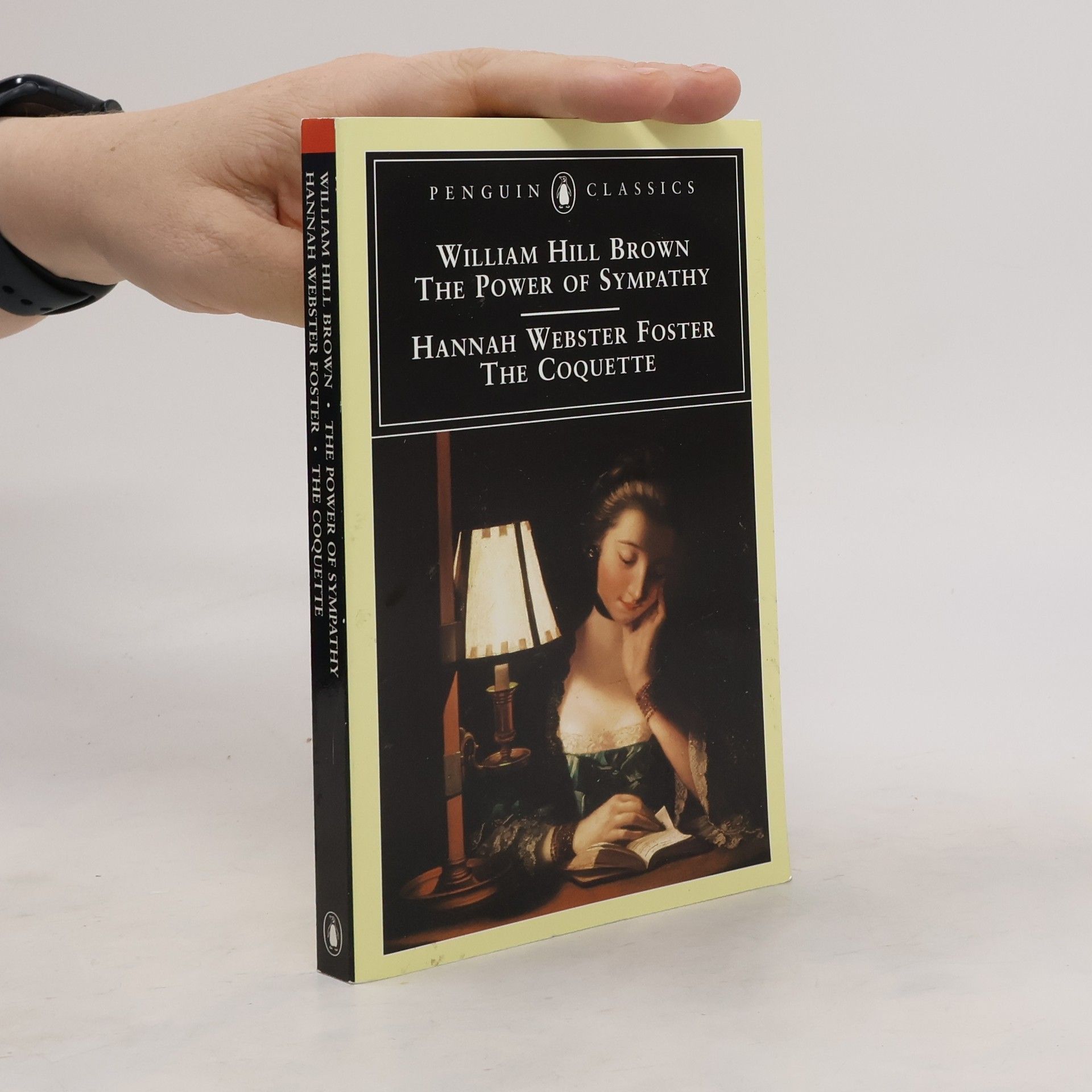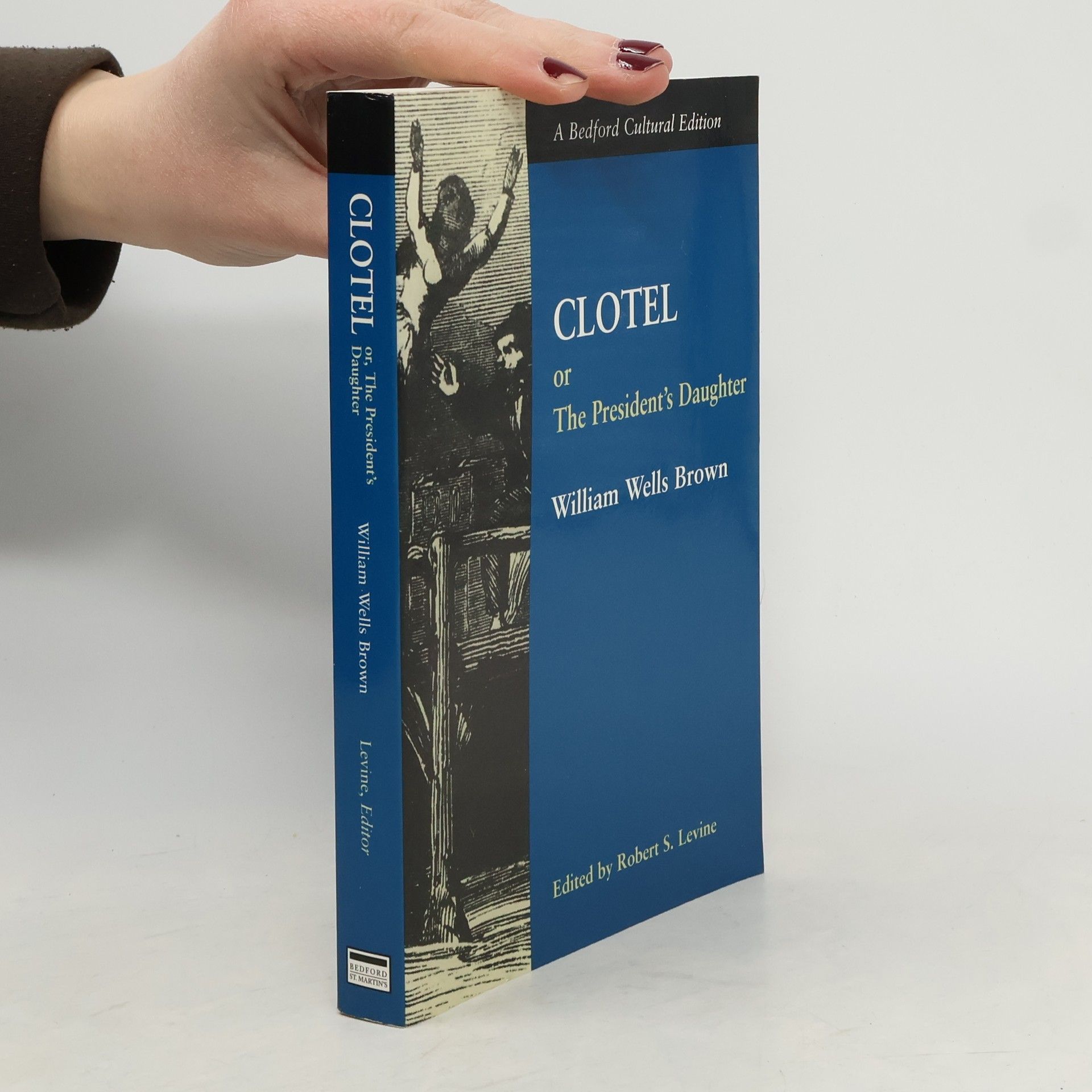The Negro in The American Rebellion
- 318pages
- 12 heures de lecture
The book highlights the significant roles played by both free blacks and enslaved individuals during the Civil War, while also tracing African American contributions in earlier conflicts like the Revolution and the War of 1812. The author, William Wells Brown, aims to document these efforts and provide context regarding the condition of African Americans before the war. Utilizing reliable sources, including firsthand accounts from soldiers, he acknowledges potential errors and emphasizes the importance of recognizing the contributions of black soldiers in the fight against slavery.


